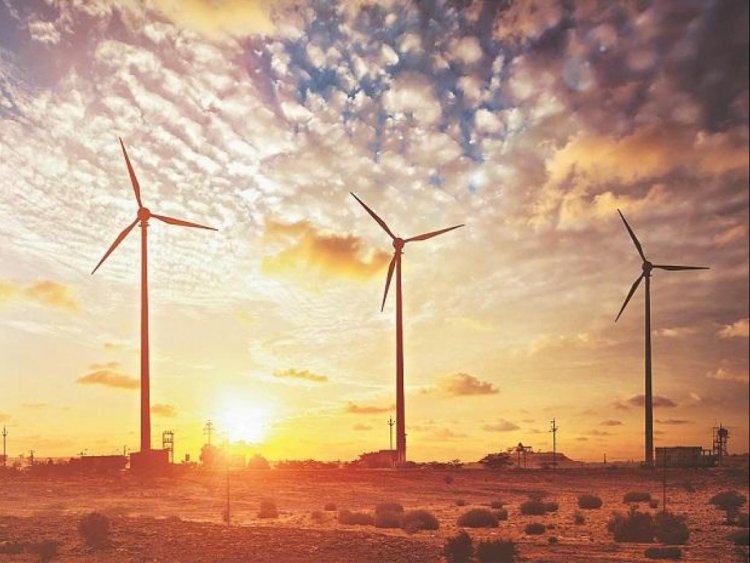North India's energy systems can be moved to clean power by 2050: Report

New Delhi: Northern India's energy systems can be entirely switched to clean power by 2050, which in turn can create as many as 50 lakh new jobs, according to a report.
As per the study by Finland's Lappeenranta-Lahti University of Technology (LUT) and Delhi-based Climate Trends released on Tuesday, northern India's energy systems can be switched to 100 per cent clean energy by 2050.
The study found that north India's greenhouse gas (GHG) emissions can be reduced from 825 MtCO2eq (Metric tonnes of carbon dioxide equivalent) in 2020 to zero by 2050 across all energy sectors and create 5 million new jobs.
Presented at the World Solar Technology Summit organised by International Solar Alliance, the study is a first of its kind that uses geospatial and hourly demand analysis to design a cost-optimal energy system of the future.
"The study highlights how low-cost renewable electricity could emerge as the energy carrier of the future for India with an integrated energy system across the sectors of power, heat, transport and industry.
"A first of its kind study provides an economically viable integrated energy system model for power, transport and other energy-consuming sectors, that will bring multiple benefits of more jobs, better industrialisation and cleaner environment," Manish Ram, lead author of the report, said in a statement.
Globally, the costs of solar and wind energy have been rapidly declining in recent years, and along with battery storage following suit, energy systems are poised to be transformed with high shares of renewables having solar energy and battery storage as the backbone as the study highlights for north India, Christian Breyer, Professor for Solar Economy at LUT University, who also attended the summit, said.
This research shows how one of the largest metropolitan areas in the world - Delhi NCR, gets sustainable energy-wise by mid-century.
Titled "Building Blocks of India's Energy Future - North India's Energy Transition based on Renewables", the study models that the transition is not only technically and financially feasible, but that the deep de-fossilisation of northern India's energy system would also generate 50 lakh jobs by 2050, compared to nearly 30 lakh jobs in 2020 with the current fossil-based energy system.















































